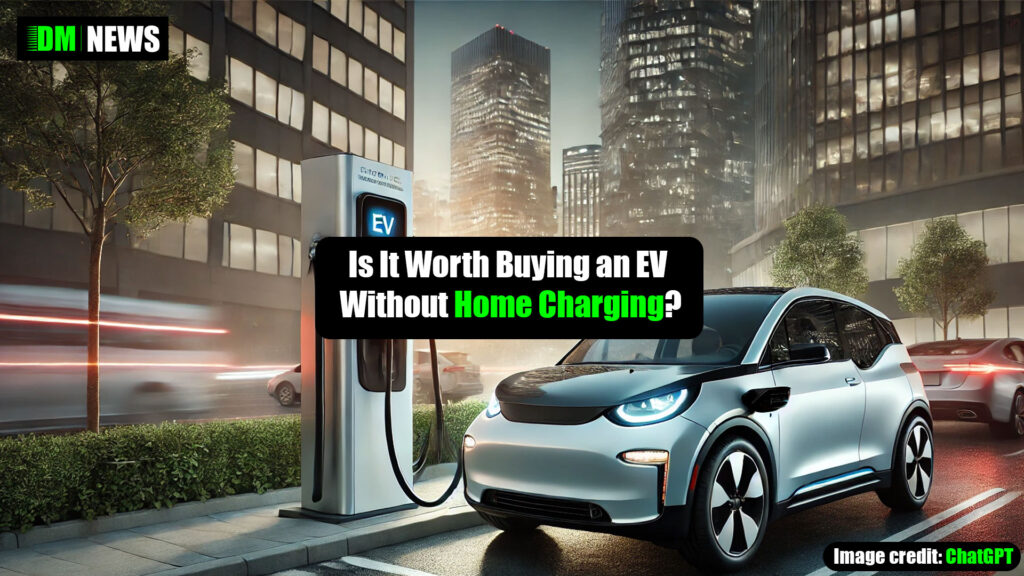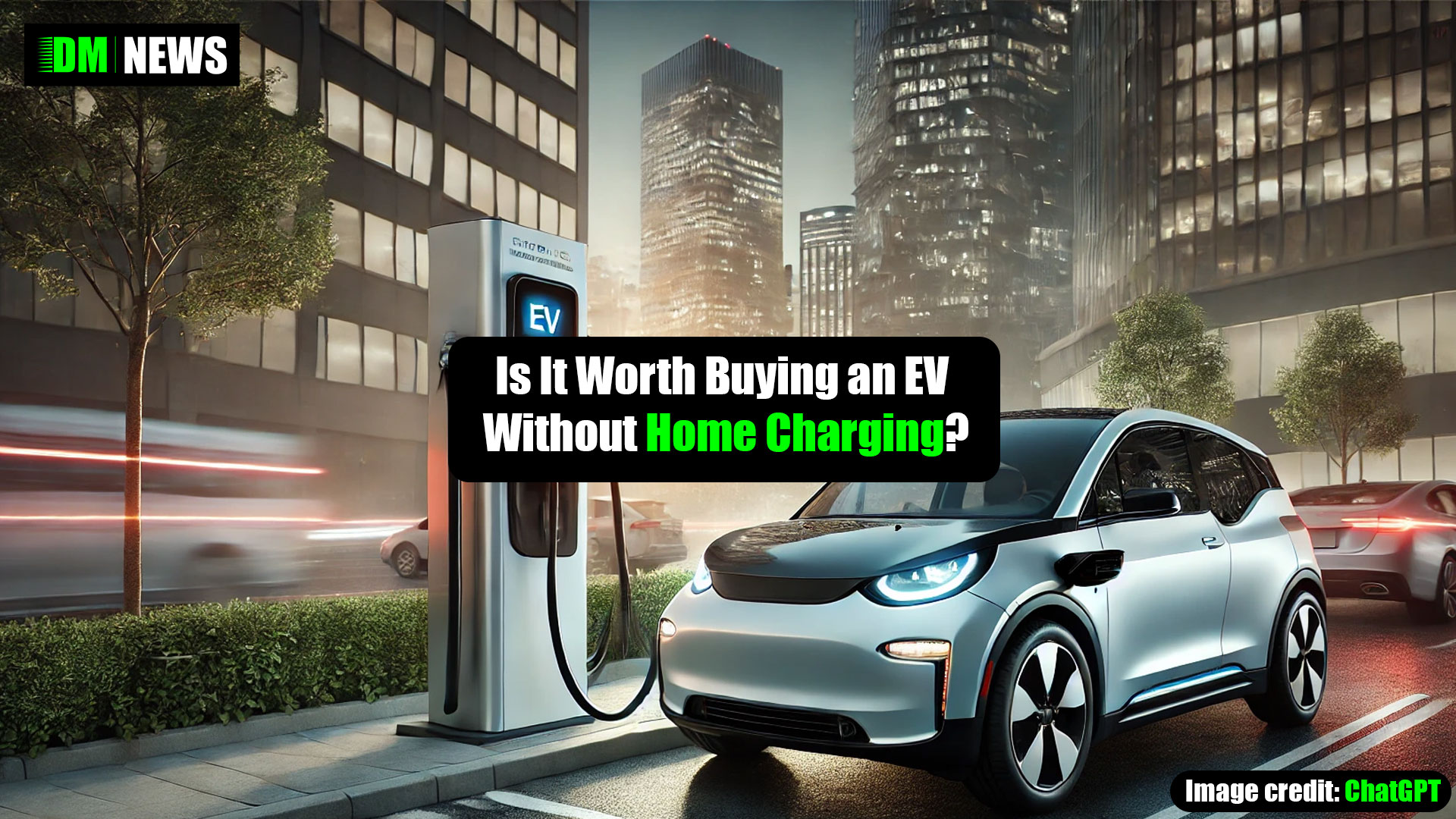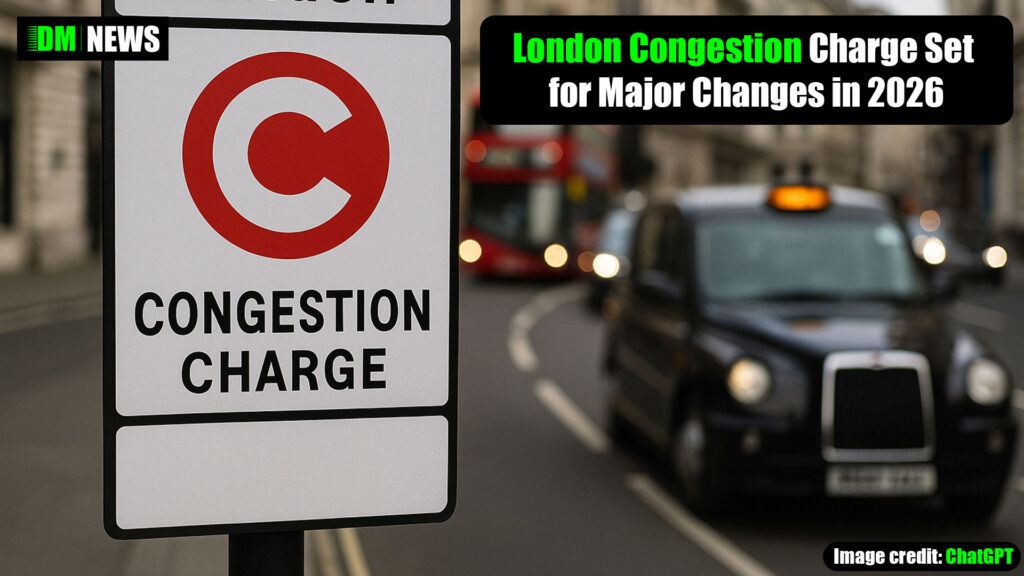With the rapid shift towards electric vehicles (EVs), many potential buyers are asking a crucial question: Is it really worth getting an EV if you don’t have access to home charging? While EVs offer undeniable advantages in terms of reliability and reduced maintenance costs, the issue of charging infrastructure remains a major consideration—especially for those reliant on public chargers.

Home Charging vs. Rapid Charging Costs
One of the biggest benefits of home charging is the significantly lower cost compared to public rapid chargers. Charging an EV overnight using a home wallbox on an off-peak tariff can cost as little as £0.07-£0.10 per kWh, meaning a full charge for a typical EV (with a 60 kWh battery) could cost around £4-£6.
In contrast, public rapid chargers can be far more expensive, typically ranging from £0.45 to £0.80 per kWh, depending on the provider. That same 60 kWh charge could cost anywhere from £27 to £48—almost ten times the cost of home charging in some cases. Over the long term, this price difference can add up significantly for those who rely solely on public chargers.

EV Reliability and Lower Running Costs
One of the key advantages of EVs is their simplicity and reliability compared to internal combustion engine (ICE) vehicles. With fewer moving parts, EVs avoid many of the common mechanical issues that plague petrol and diesel cars.
- Minimal Servicing: No oil changes, spark plugs, timing belts, or coolant flushes—just basic checks on brakes, tyres, and the battery system.
- No Diesel-Specific Issues: EV owners never have to worry about DPF (diesel particulate filter) blockages, EGR (exhaust gas recirculation) faults, or AdBlue system failures, which can be costly repairs for diesel car owners.
- Regenerative Braking Reduces Wear: Many EVs use regenerative braking, which not only improves efficiency but also significantly extends the lifespan of brake pads and discs.
Are EVs Practical Without Home Charging?
While home charging is undoubtedly the cheapest and most convenient way to own an EV, those without access can still make it work—with some trade-offs:
- Using Workplace Charging: If your employer offers EV charging, this can significantly reduce reliance on expensive public networks.
- Destination Charging: Many supermarkets, shopping centres, and hotels now offer free or low-cost charging, which can be a practical way to top up.
- Rapid Charging Strategy: While pricier, rapid chargers can be useful if planned well. Some providers offer discounted subscription plans for frequent users.
Teslas are a very popular EV and if you want to have £500 off, consider going through my referral code here.
Conclusion: Is It Worth It?
Owning an EV without home charging is certainly possible, but it requires more planning and a higher budget for charging. If you do high mileage or regularly need fast charging, the cost difference compared to home charging can become a significant factor. However, the low maintenance costs, reliability, and lack of common ICE issues still make EVs an attractive option, especially in cities where public charging infrastructure is improving.
Would you buy an EV without home charging, or is it a dealbreaker? Let us know your thoughts!






